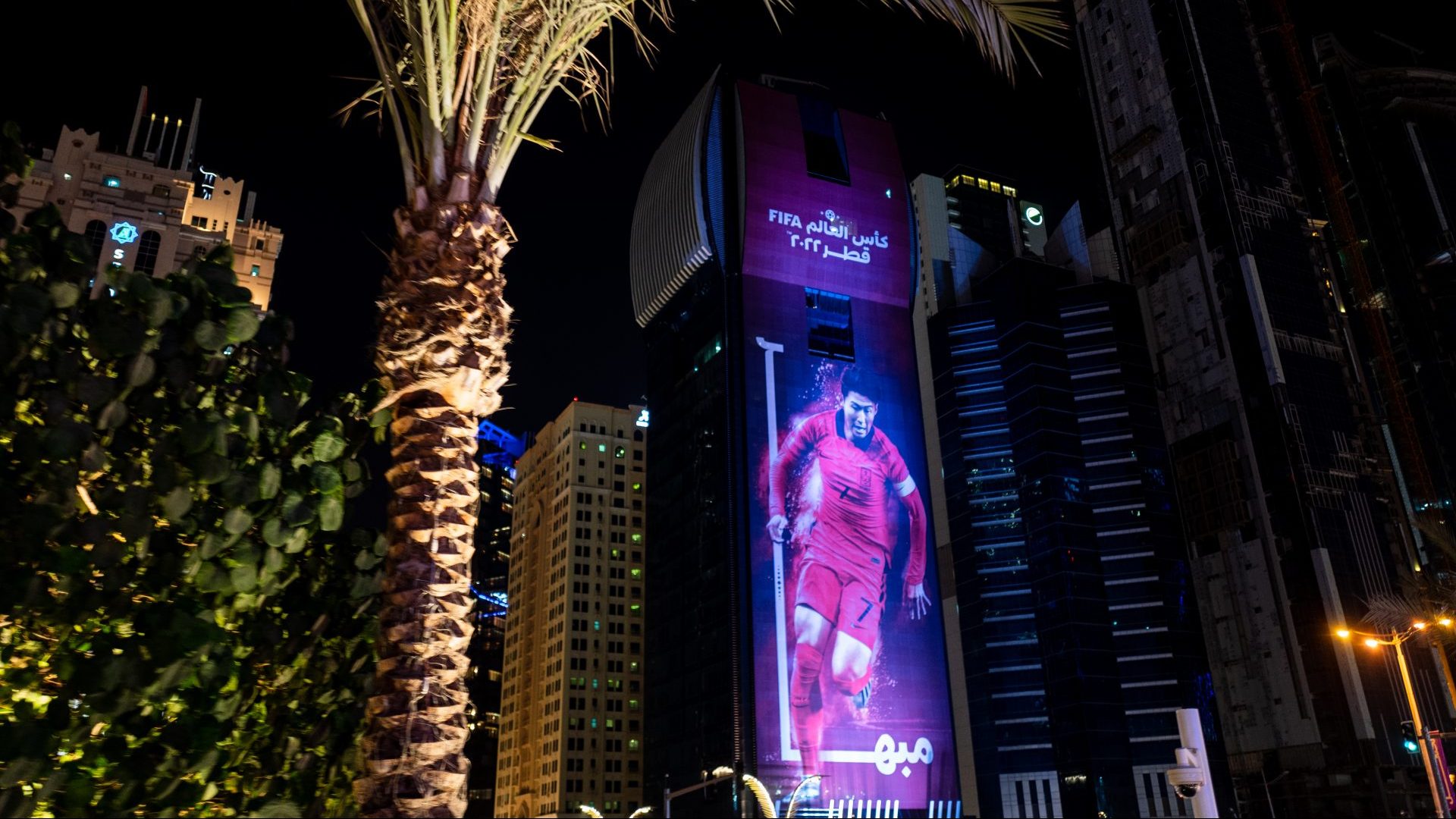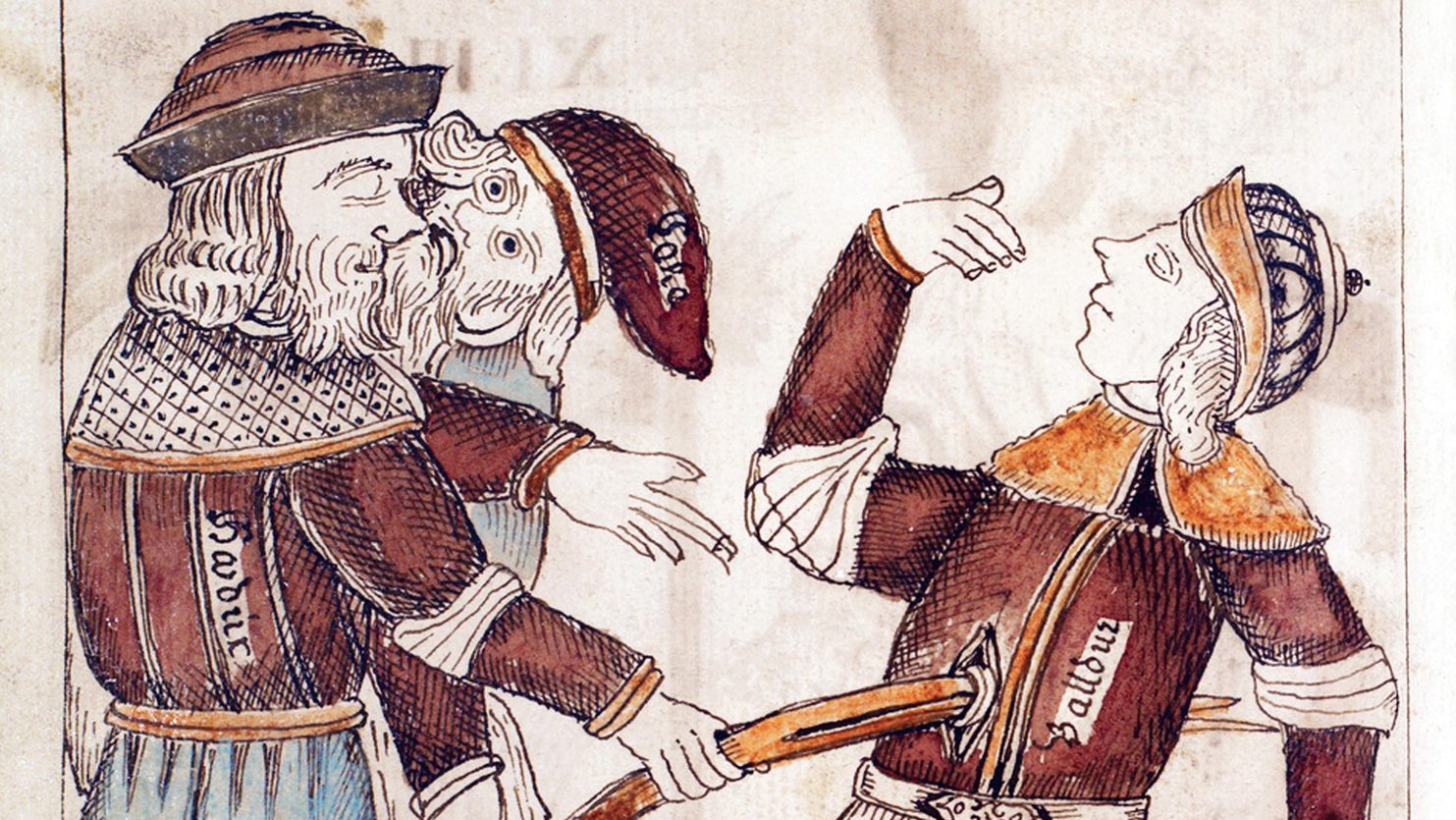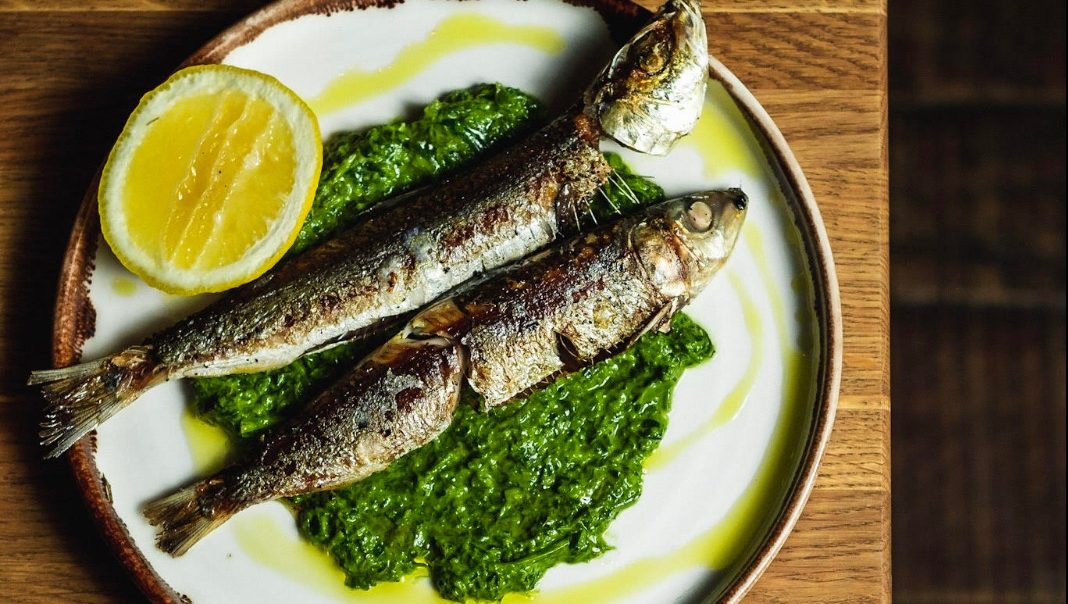He was born in South Korea, matured in Germany, was elevated to world acclaim in Tottenham and is coveted by Real Madrid and Paris Saint-Germain. Yet right now, Son Heung-min is an endangered species. His
country intends to rush him back for their opening game in the World Cup
finals three weeks after surgery on his fractured left eye socket.
The sight of players taking to the pitch in a protective face mask is not uncommon, and Son is such a leader, such a brave athlete, that he will
take the chance against Uruguay on November 24 if his country will.
Even before his cheekbone was shattered by the shoulder of Olympique Marseille’s Congolese defender Chancel Mbemba in a make-or-break Champions League game on November 1, Son was being lined up to feature in a medical study by Fifpro, the international players’ union.
That study, published last week, concerns player overload. Europe is the financial melting pot for the world’s talents. And Fifpro’s concern is that footballers are “pushed past acceptable limits by saturated schedules”, a bad situation that will be exacerbated by this unprecedented mid-season World Cup in Qatar.
It highlights that Son played more than 600 minutes of football in October, with games every three or four days. He has racked up 146,000km of international travel with club and country since the beginning of last season, crossing 132 time zones.
Son, of course, is a millionaire many times over. He is a “global ambassador” from top to bottom. In his own words, “Whatever the coach says, I’ll do… always on the throttle.” And not always on the pitch. He is paid by Adidas and Burberry, by Calvin Klein underwear, and at the age of 30, with no signs of slowing, he is determined to lead his country at his third World Cup and add to his 35 goals and 105 caps.
A single man who is the son of a footballer, Son began to singularly dedicate himself to the sport during adolescence. He dropped out of high school at 16 to follow the path of Cha Bum-kun, the South Korean from the farming region of Hwaseong who starred at Frankfurt and Leverkusen in the 1980s.
Where Cha led, many followed. Son left Chuncheon, in his country’s north
– where he has since established a football academy run by his father and brother – to join the youth academy at Hamburg, and via Bayer Leverkusen moved to Spurs in 2013.
And while some saw only his work ethic as Harry Kane’s “runner”, last season he eclipsed the England captain by sharing the Premier League golden boot award with Liverpool’s Mo Salah.
We Europeans are outnumbered on our own turf nowadays. In England, Germany, France, Italy and Spain our club sides field global teams and the standards are better for that. But, as the Fifpro report emphasises – and as
Son personifies – not only do the clubs demand more and more games, not
only does Uefa expand its competitions, but Fifa puts money before any other consideration through constantly expanding tournaments.
Players become expendable. And if Lionel Messi, Cristiano Ronaldo, N’Golo Kanté and Son Heung-min run out of steam or out of prime physical time, then the mushrooming tournaments go on in search of new talent. Manchester United can now do without the ageing prima donna Ronaldo because their teenage sensation Alejandro Garnacho is gagging for an opportunity.
United, remember, also had a Korean superstar, Park Ji-sung. But his prodigious running, his records, have fallen to Son, whose club career so far amounts to 386 games, 138 goals, and running the hard yards, hard miles, that few in the history of the game have found the energy and the heart to sustain.
His global recognition and his achievements in Europe fulfil the prediction made in Son’s apprenticeship in the Bundesliga when Franz Beckenbauer, the most decorated German of his time, said: “Son not only scores goals – beautiful goals – he makes them. He’s becoming a superb player, fast and dynamic.”
Even in a mask, Son intends to be flying against a physically robust Uruguay in Qatar on Thursday. Alas, Karim Benzema, the current world player of the year, is one of four major French casualties before a ball is kicked. Also out is Sadio Mané, with the players’ union study citing his unsustainable workload after he led Senegal to win this year’s African Cup of Nations, ran until he dropped in Liverpool’s failed quadruple quest and then moved to Bayern Munich.
Europe is the money pot that attracts the best players from every continent
on earth. We hardly need a Fifpro study to warn us that there has to be a breaking point, mentally as well as physically. When the load on players is
perpetually increased, common sense tells us that high performance and
bodily function cannot be sustained.
The union studied 1,055 players across Europe. It warns that the breaking point will come not simply going into a World Cup a week after club games, but when those same bodies are pressed back into league and cup matches the week after Qatar.
Fifpro cites one more comparison. Chelsea and England’s Raheem
Sterling has played a minimum of 50 matches in seven of his 11 seasons
so far. Wales’ Ryan Giggs played 50 games in just six of his 24 seasons at
Manchester United. Giggs played for United until he was 40; Manchester City sold Sterling at the age of 27.




